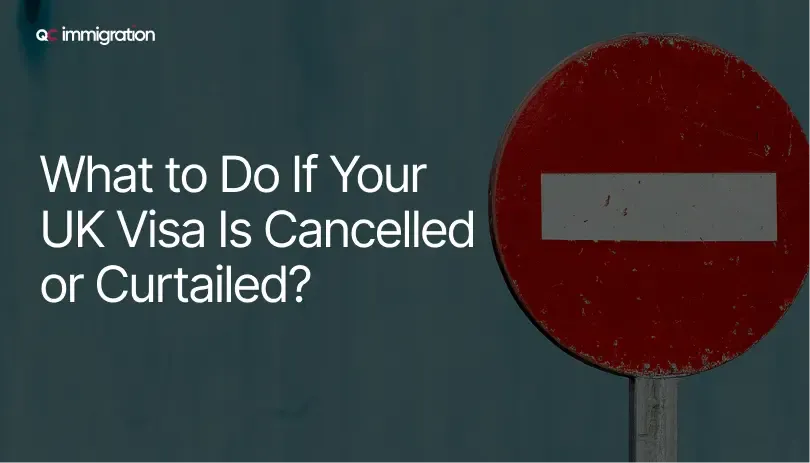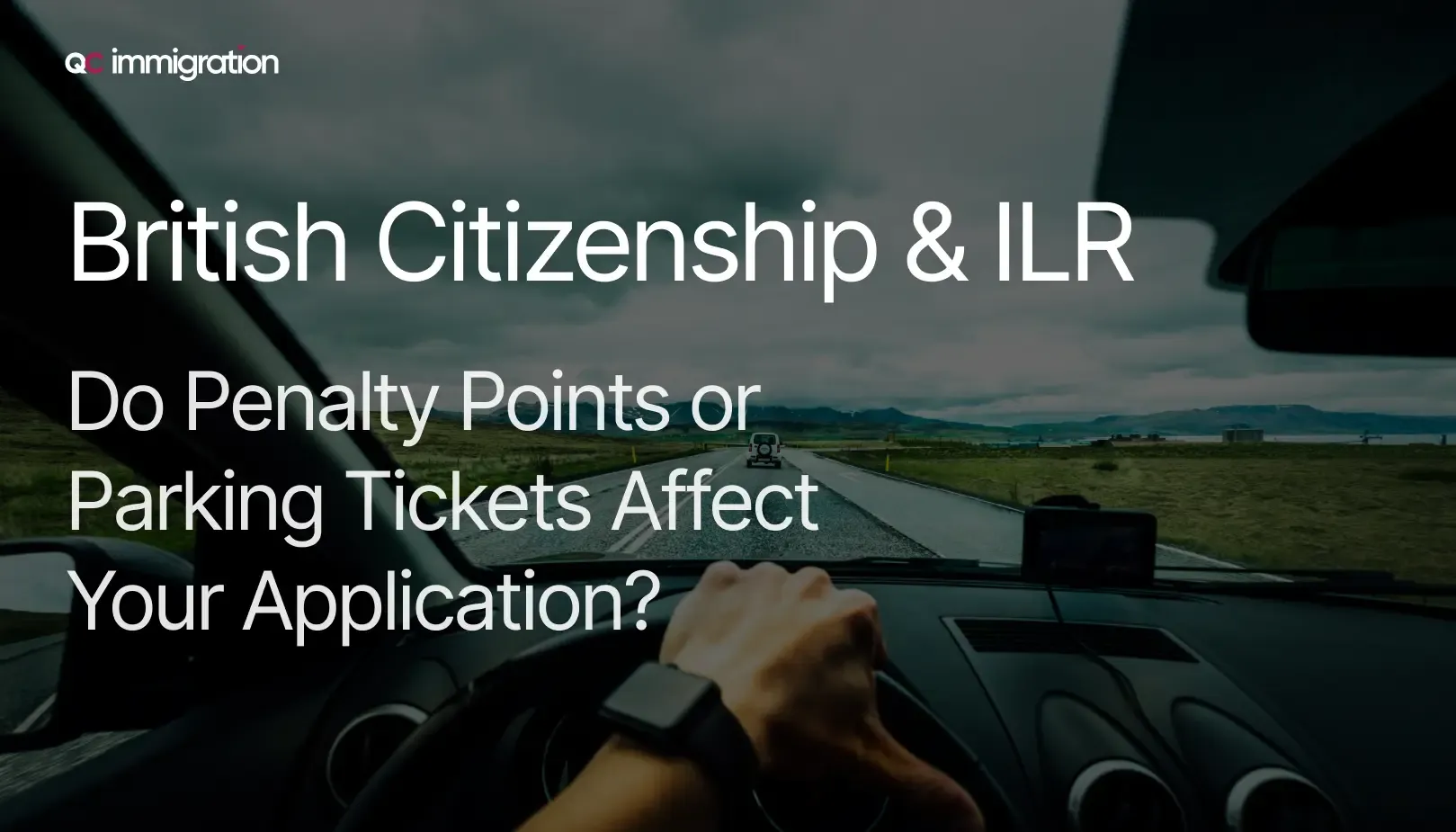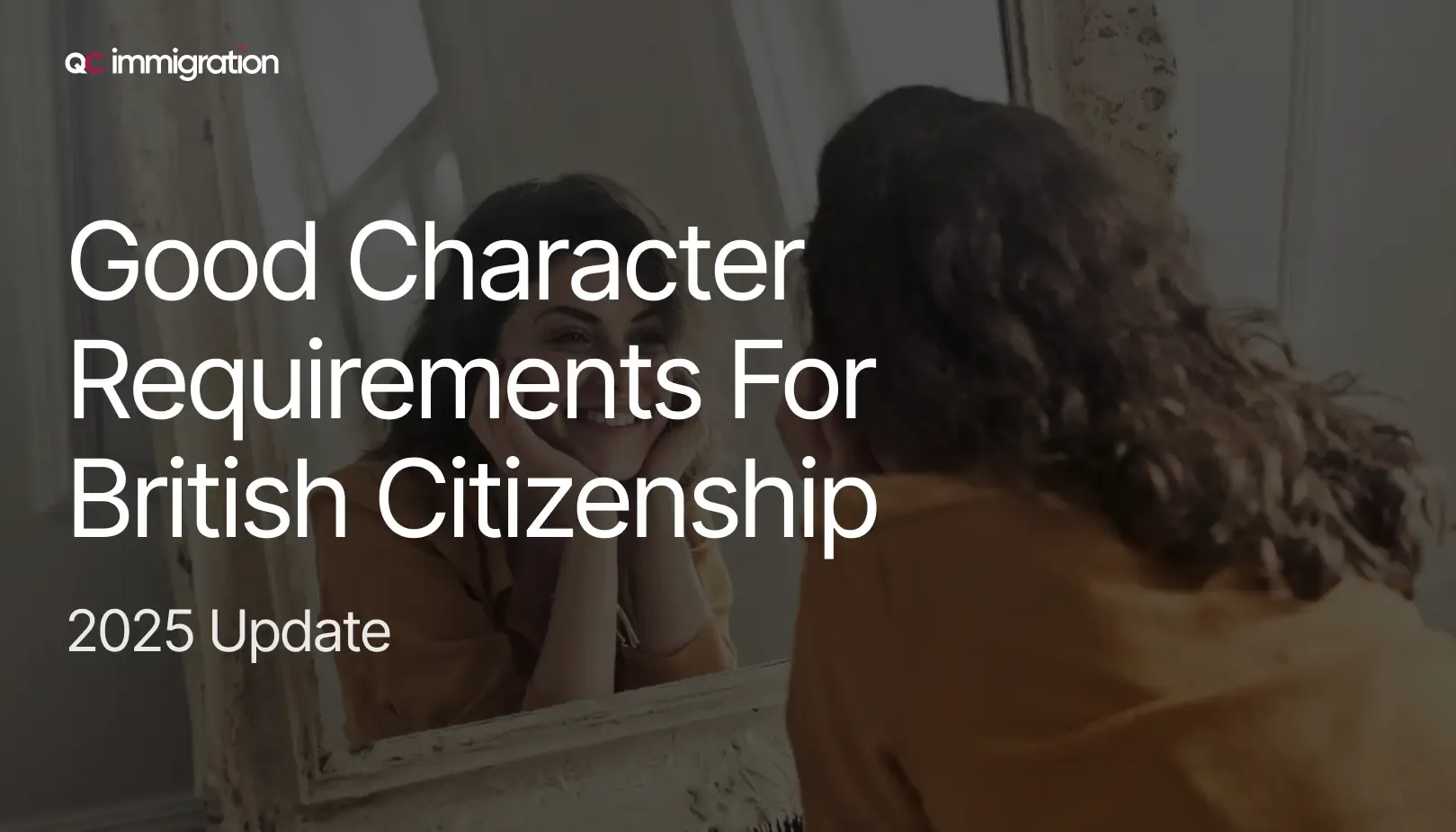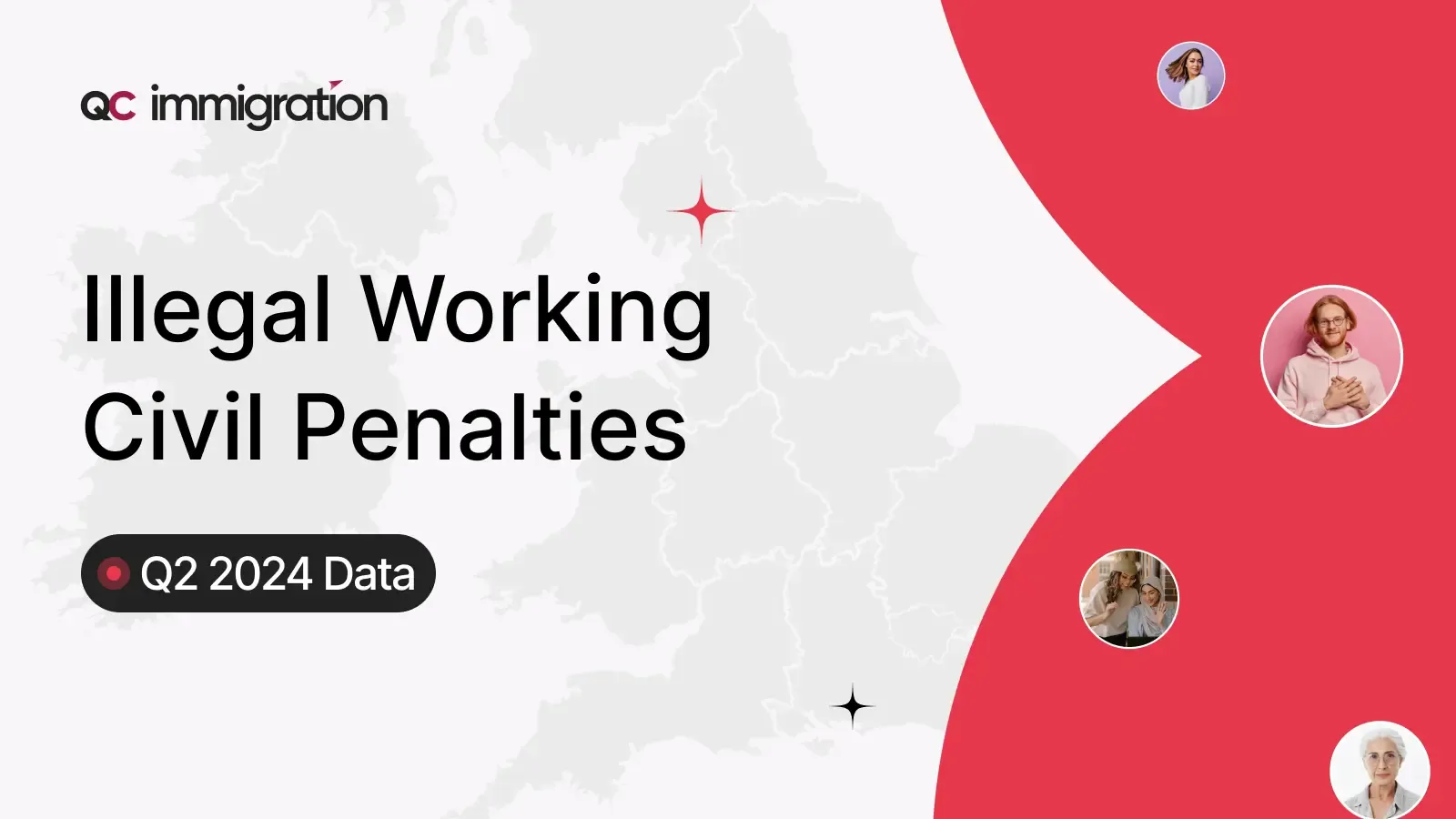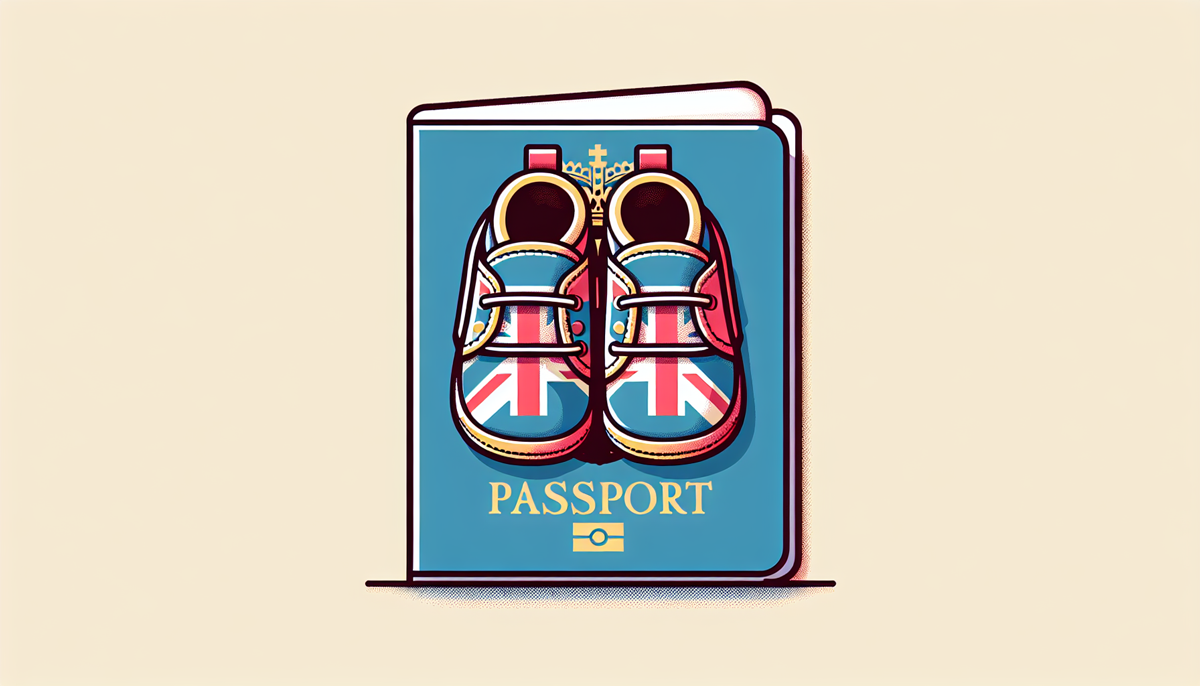
Many Settled parents in the UK choose not to acquire British Citizenship themselves due to personal or political reasons. Nevertheless, you may still wish for your child to benefit from the travel and education advantages of British Citizenship, as most affected countries do allow dual nationality until at least the child turns 18 or 21 years old. It is important to note that, if both you and your partner have Indefinite Leave to Remain (ILR) and your child is born overseas, your child does not automatically become a British citizen. Here are several scenarios outlined for reference:

1. You and your partner have ILR
If your child is born in the UK after you or your partner secured ILR or Settled Status, your child automatically acquires British Citizenship.
If your child is born overseas, your child is not a British citizen. Firstly, your child can apply for Indefinite Leave to Enter or Remain, requiring both parents to choose the UK as their habitual residence. After the child has lived in the UK with as a Settled person for several years, they can apply for British Citizenship thereafter.

2. Only one parent has ILR
If your child is born in the UK after the parent obtains ILR, your child automatically acquires British Citizenship.
If your child is born overseas, your child is not a British citizen. When your family moves to the UK, your partner and child can apply for Family Visas such as a Spouse visa or Child Dependent Visas to live in the UK. They may apply for ILR after five years. After one year, they may apply for British Citizenship.
Please note that in this scenario, the UK Home Office is very concerned about family unity. If the parent living in the UK wants to bring the child to the UK, it's a prerequisite that the partner living overseas must accompany them to live in the UK unless the partner has passed away or the UK parent has sole responsibility over the child.
3. You have ILR and your partner is British is otherwise than by descent
Regardless of where your child is born, your child automatically acquires British Citizenship and can apply for a UK passport directly.

4. You or your partner are British by descent
British citizenship by descent means inheriting British Citizenship from a parent, outside the UK. For example, if one or both parents are British citizens otherwise than by descent but the child is born overseas, they are British by descent.
If your child is born in the UK, your child automatically acquires British Citizenship even if you are British by descent and regardless of your partner’s UK status.
If your child is born overseas and you wish to apply for British citizenship for them, the family needs to have resided in the UK for at least three years to meet the residence requirement.
‘British Citizenship is a privilege, not an entitlement’ - this is the guiding principle when the Home Office considers all Nationality applications. Therefore, applications may be decided on a discretionary basis, meaning the Home Office will consider the law alongside the individual circumstances. To ensure a smooth application process, it's recommended to submit a strong application, with a professional cover letter from an immigration lawyer citing any relevant legal arguments in your favour.
If you have any related questions, contact us for professional advice.
